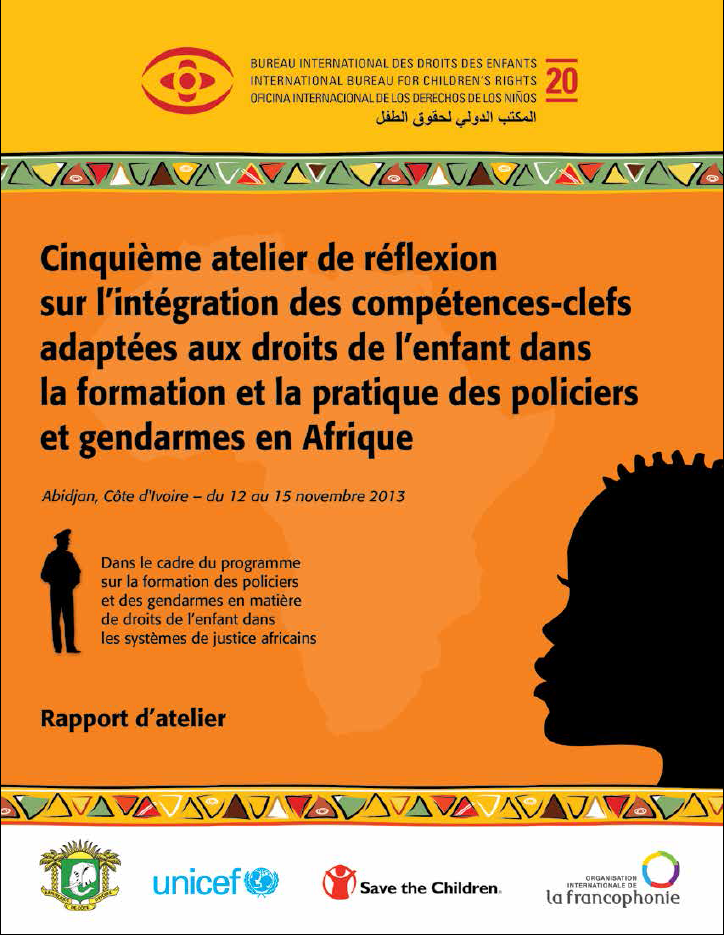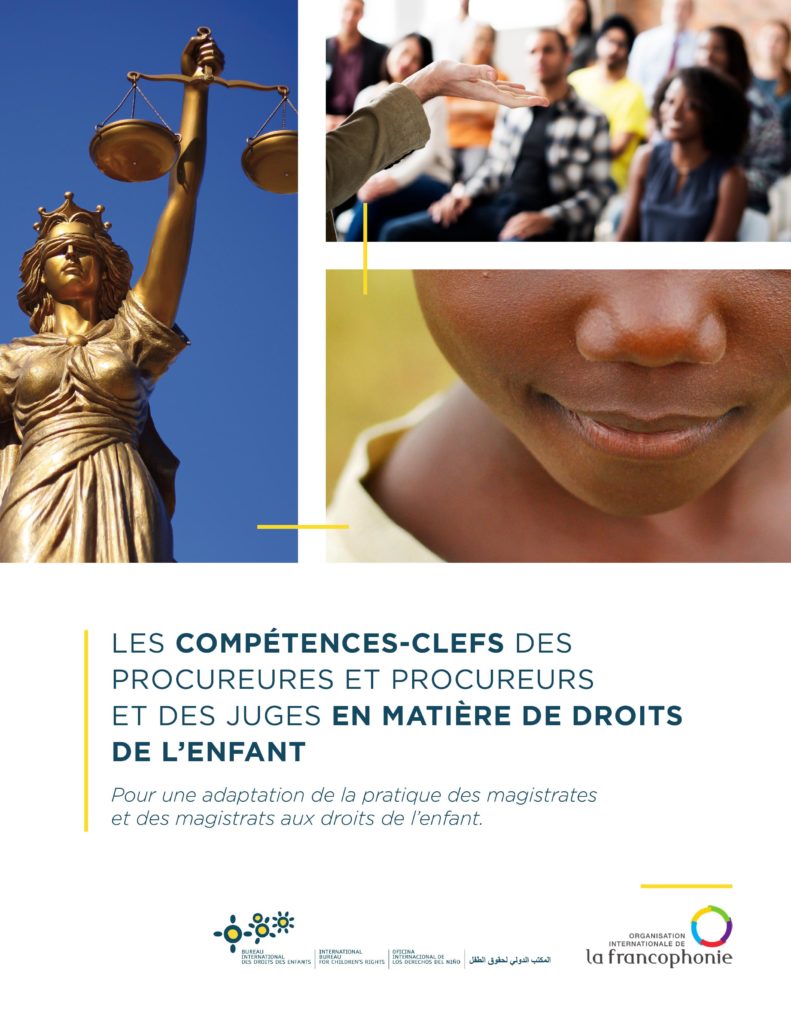
The IBCR unveils a new guide, presenting the core competencies in the field of children’s rights that social work professionals should have in order to optimise their interventions, while respecting the rights, needs and particularities of each child.
After having identified the corecompetencies of the security forces and the judiciary in terms of children’s rights in its first two guides, the IBCR is proud to unveil this latest document, dedicated to social work*. The result of numerous workshops and meetings with professionals in the sector since 2014, it groups together and details the core competencies that allow social workers to adapt their practice to children’s rights.
Social work is a cornerstone of the child protection system along with security forces, justice and education, and social workers have a vital role to play. Whether children are victims of abuse, violence, exploitation or neglect, separated from their families, disabled, living on the streets…, they can come into contact with the social field in many ways.
Social work professionals must have the mandate and capacity to make important decisions in a child’s life. For this reason, they should have a clear description and understanding of their roles and, most importantly, the practical skills to carry them out. The main objective of the IBCR approach is therefore to identify the essential skills that social workers need to master in order to interact in an adapted manner with every child receiving services, in accordance with the rights of the child and the needs and particularities of boys and girls.
 The following are the seven core competencies for adapting social workers’ practice to children’s rights. You will find details in terms of knowledge, life skills and know-how in the guide:
The following are the seven core competencies for adapting social workers’ practice to children’s rights. You will find details in terms of knowledge, life skills and know-how in the guide:
- Promoting and implementing the rights of the child
- Intervening ethically and in accordance with the rules of deontology
- Interacting and communicating effectively with the child
- Being able to tailor the intervention to the needs and situation of the child
- Collaborating with other actors (including social workers) and effectively coordinating interventions
- Making appropriate use of social work instruments
- Communicating and working with families, groups and communities
Click here to read the guide (french only)
|
Two similar guides have been produced : One dedicated to the security forces (2013): “Fifth workshop on the integration of the six core competencies on Child Friendly Policing Into the Training and Practise of Police Oficers and Gendarmes in Africa“ |
The second to the field of justice (2018):”Core Child-Rights Competencies for Judges and Prosecutors“ |







